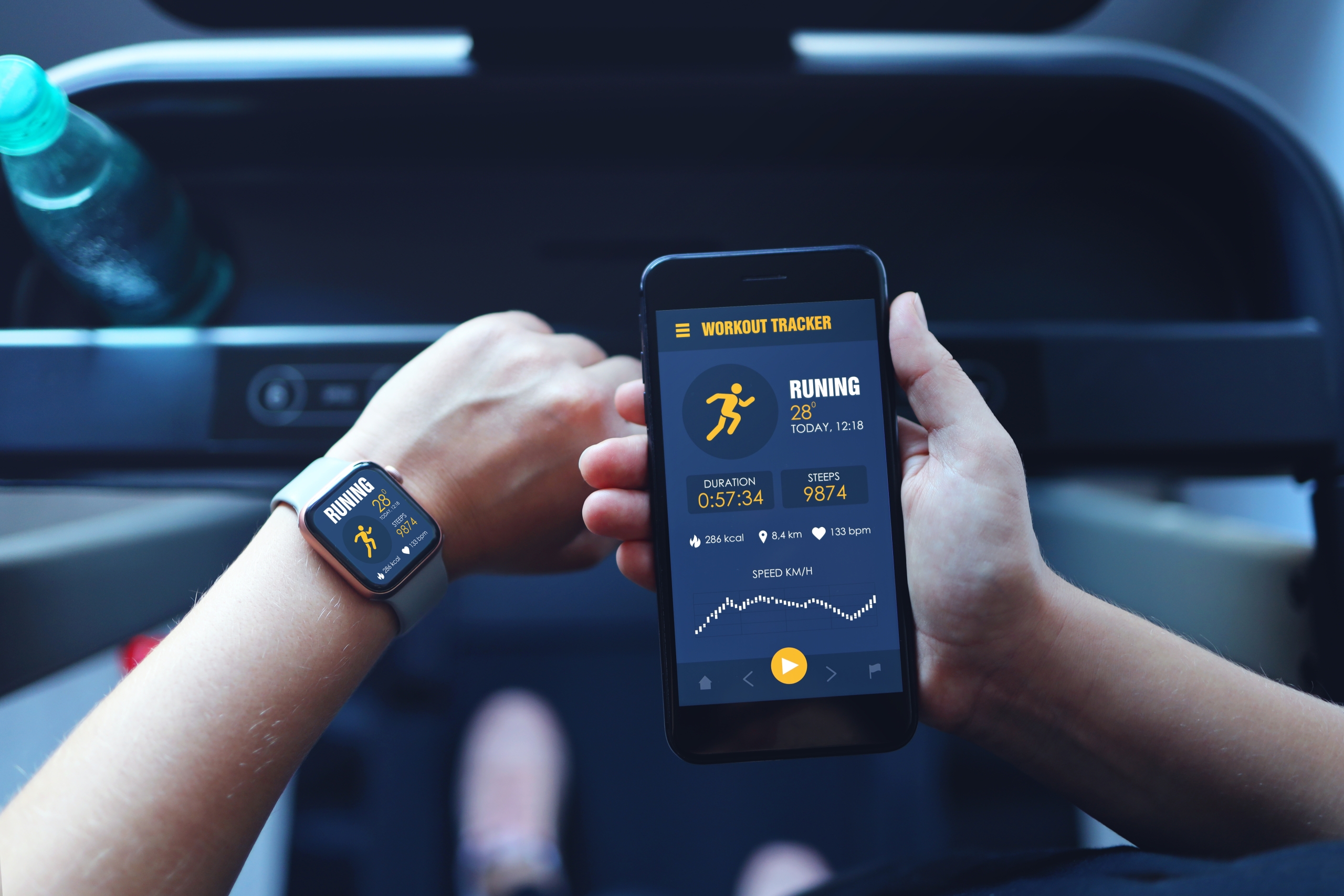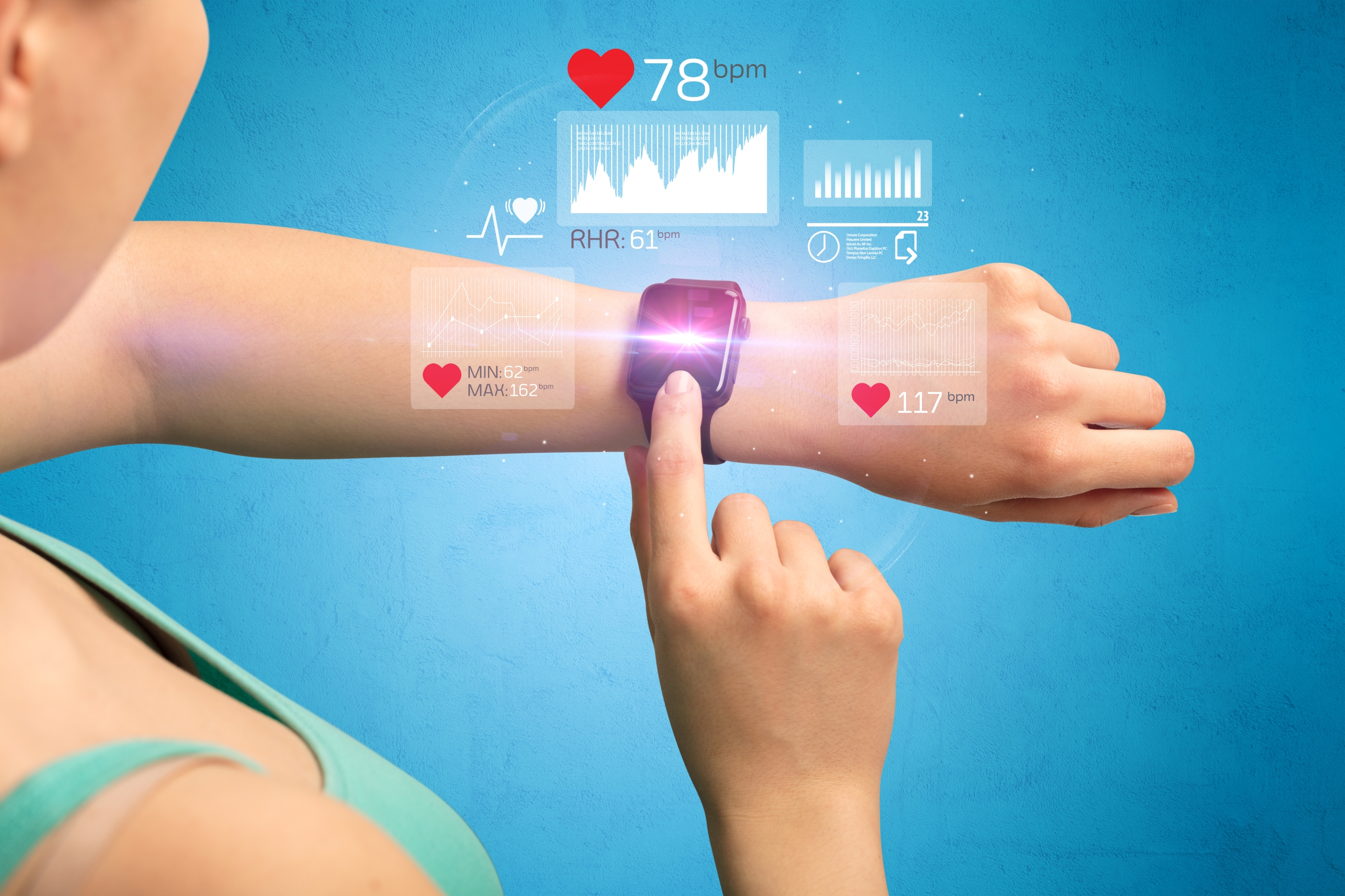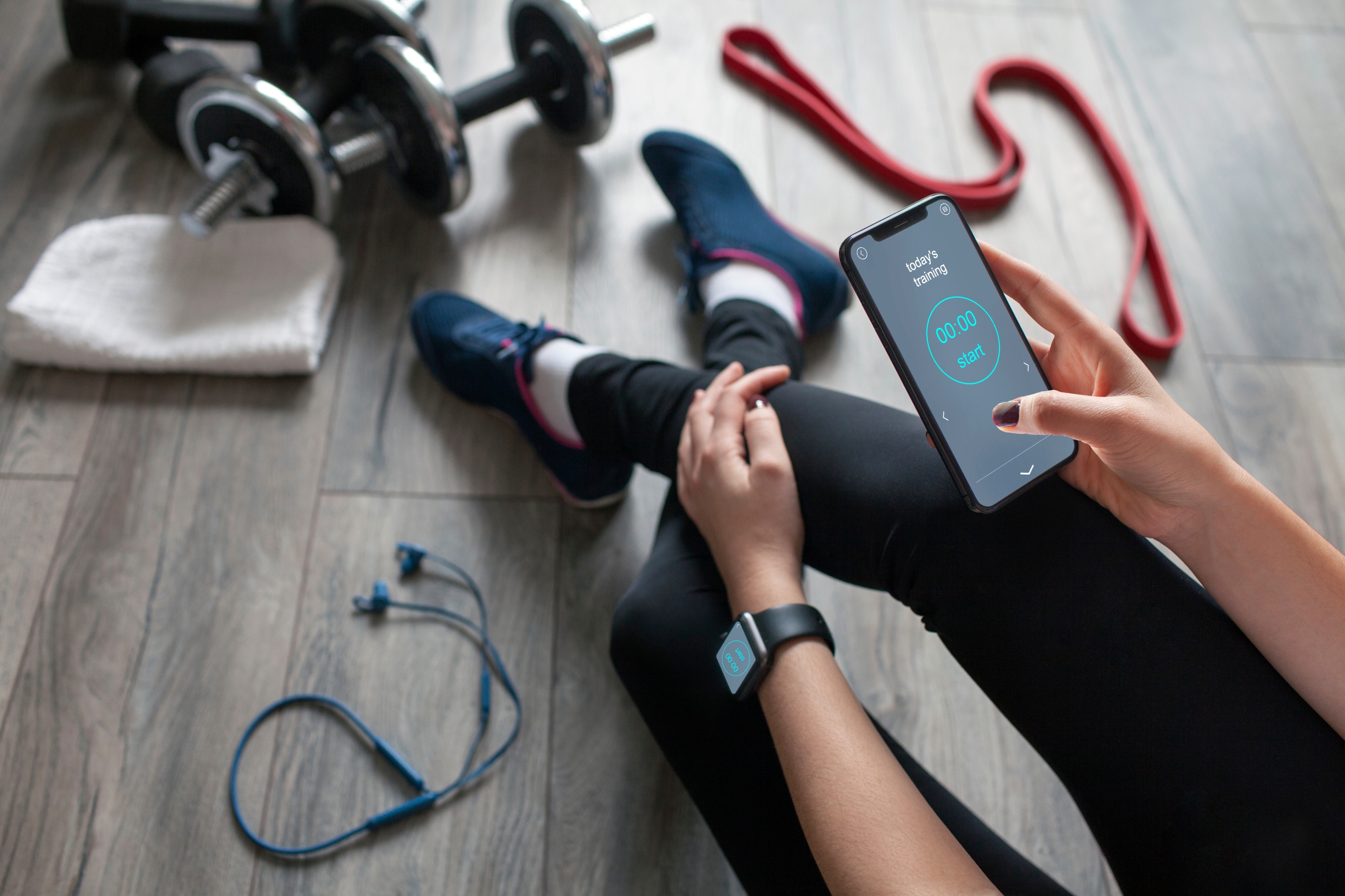Fitness trackers, such as smartwatches and bands, were among the first wearables that became widely adopted by consumers. Wearables can help us to track our fitness and health habits and set measurable goals. But new wearable solutions, such as the Lume™ calorimeter, can go as far as measuring calorie intake and offering 24/7 patient data so that doctors and health professionals can now offer more personalized and effective solutions for weight management. Wearables could indeed provide a glimmer of hope for the global obesity problem.

According to the World Health Organization (WHO), worldwide obesity has almost tripled between 1975 and 2016. The same WHO study found that out of the 1.9 billion adults (18 years and older) who were overweight, 650 million were obese. Furthermore, in 2020, 39 million children under the age of five were diagnosed as overweight. Obesity is a preventable condition, yet each year 2.8 million people die from health complications related to it. Obesity also accumulates tremendous costs to societies all over the world. In the United States, obesity-related health care costs account for 21% of the country’s total health care budget, totaling $190.2 billion in annual health care spending. Obesity is a severe health crisis, but while we know a lot about the extent of the problem, many patients and medical professionals still struggle with frustration and minimal results.
Why is Weight Management So Difficult?
The journey towards better health is challenging and requires a lot of perseverance and patience. According to the European Journal of Social Psychology, establishing a new habit can take up to 254 days and requires regular enforcement and reminder. Therefore, sticking to an exercise routine, eating regularly, choosing better meals, eating slower, and going to bed early is easier said than done. An independent study conducted by researchers at the University of Minnesota found that only about 5% of weight losses are permanent.
While many patients and their physicians might know precisely what needs to be done, making a permanent change requires the daily enforcement of new habits. Doctors, personal trainers, and nutritionists cannot shadow the patient 24/7, but wearables can. Some exciting wearable solutions are on the market, such as Lume wearable calorimeter for tracking both calorie intake and burn.
Measurable Progress
One characteristic of weight management and working out is that progress often stalls after a period of extensive improvement and visible results. The body’s metabolic system is trying to regulate the body back to the previously established weight as a form of defense, and sometimes, the number on the scale won’t go down for weeks. Many of us familiar with competitive sports or weight management have been in this situation and know the frustration. We might still be making other kinds of progress, or the stalling might be an indication of a need to change or adjust the weight management strategy.

Calorimeters and fitness trackers can provide feedback on calorie burn, recovery, and calorie intake. Sometimes a simple adjustment, such as adding more sleep to the daily routine, can be a game-changer. Other times, the doctor might have to ask questions about discrepancies between measured calorie intake and the patient’s beliefs about their calorie intake.
Real-time Feedback
Most of us underestimate our daily calorie intake. A study conducted by Cornell University found that even normal-weight people underestimate their calorie intake by 20 percent, while obese people underestimate their calorie intake by at least 40 percent. The same often applies to calorie burn. Therefore, most of us could use a daily reality check and real-time feedback. Real-time feedback is especially useful when trying to reach daily calorie deficit goals. Successful weight management is not just about losing weight but also about changing habits, and therefore consistency is the key to success.
Enforcing consistency with real-time feedback can also help reduce the dangerous yo-yo weight loss, where the patient experiences extreme changes in weight. Losing and regaining weight can have serious side effects, such as developing diabetes or fatty liver. Yo-yo weight loss can also lead to serious heart complications. Accurate medical data can help the physicians and the patients to ensure the safety of the treatment.
Personalized Weight Management Programs
Our motivations, body types, and metabolic systems differ. Therefore, what works for another patient might not be as effective for another individual. Finding an optimal treatment that leads to long-lasting efforts is an empirical process that requires trial and error. This is where accurate health care data, such as calorie intake, calorie burn, and data on vital signs, can provide game-changing information that helps the physicians, nutritionists, trainers, and the patient adjust the intensity of the program and detect strategies that work.
Encouragement and Accountability

Physicians, nutritionists, and personal trainers can motivate and provide guidance, but the success of the obesity treatment depends on the daily decisions of the patient. Doctors and nutritionists cannot follow the patients to their homes, but wearables can. Obesity is a condition that requires long-term treatment and commitment. Wearable devices, such as a calorimeter, can provide support around the clock to patients to get real-time feedback and encouragement. This instant feedback, in turn, will help them to make better decisions and visualize the progress they make. Seeing the progress, whether it be as tiny as improved metabolism or few grams of body fat converted to muscle, can motivate the patient to stay on track with the treatment. On the other hand, data can also offer explanations for why we are failing to manage weight and help the patient take corrective measures.
Conclusions – Safer and Better Tools to Prevent Obesity
Let’s look at obesity from the number’s perspective. Obesity costs millions of dollars for societies worldwide and a staggering number of 2.8 million deaths each year. A person can struggle with obesity for a lifetime by continuously losing and regaining weight. The instant feedback, personalized care, and access to real-time data on calorie intake, activity levels, and vital signs could make the journey towards a healthier you safer and longer-lasting. With security by design principles in mind, wearables and all connected devices present an opportunity for improving the quality of life and longevity of the masses.
How Ambiq Helps
Wearable devices require reliable and ultra-low-energy components for a smooth user experience. Since these devices continuously collect health data at the edge, their processors must be able to perform these tasks on a low electrical charge. SoCs such as Ambiq’s Apollo series can enable wearables to last for days or even weeks on a single charge.
Built on the patented Sub-threshold Power Optimized Technology (SPOT®) platform, Ambiq’s products reduce the total system power consumption on the order of nanoamps for all battery-powered edge devices.) platform, Ambiq’s ultra-low power SoCs extend the processing capability and battery life in smartwatches and advanced wearable accessories to enable on-demand and around-the-clock health monitoring.
This has enabled abundant application processing power that allows our customers to include greater device capability while still offering users extended battery life. Check out Ambiq’s innovative solutions to see how we can help you deliver better wearable products.

